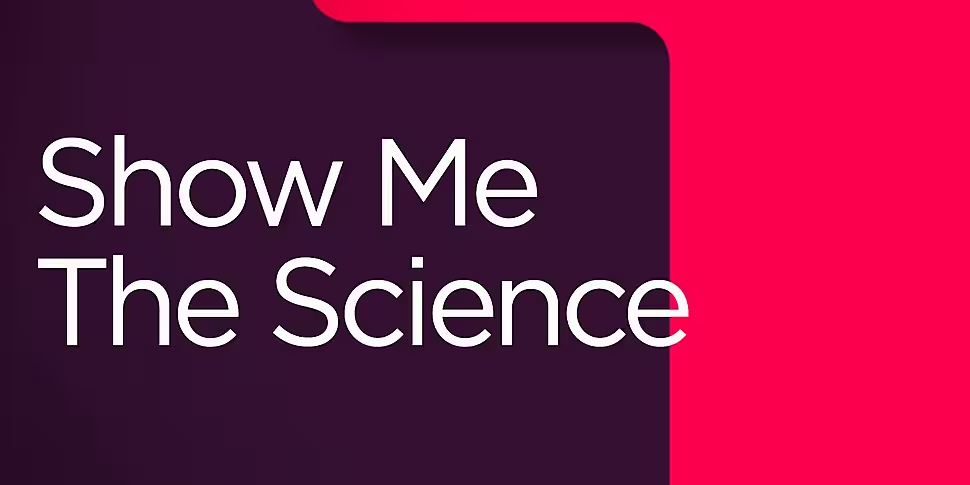As Ireland basks in an unusual spell of hot weather, many are dealing with another less-welcome side effect of summer: hayfever. In this week’s episode of Show Me the Science, Professor Luke O’Neill unpacks the biology behind this common allergic reaction and explains the science that’s literally in the air.
Luke explores what hayfever actually is – and clears up a common misconception: despite the name, hay itself isn’t the cause. He looks back at when hayfever was first diagnosed, how our immune system responds to pollen, and why different types of pollen (from trees, grass, or weeds) affect people in different ways.
You’ll also learn about leukotrienes, powerful immune system chemicals that play a big role in allergic reactions (and which sound suspiciously like Luke O’Neill’s name). He discusses why some people are more prone to hayfever than others, and introduces the hygiene hypothesis, a theory suggesting that being exposed to a bit of dirt — or even your in-laws, as he jokes — might actually help your immune system in the long run.
Finally, Luke explains how antihistamines work, why they help relieve symptoms like sneezing and itchy eyes, and why they don’t always provide complete relief.
Whether you're suffering from seasonal allergies, curious about how the immune system overreacts to harmless particles, or just looking to understand why hayfever seems to hit harder some years, this episode is packed with useful, science-based insights.
💡 Got a science topic you'd love Professor Luke to cover?
Email your suggestions to laoneill@tcd.ie – your idea might feature in a future episode!











